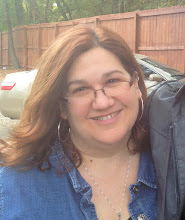Outline on board:
-physiognomy (connecting physical traits to psychological or personality characteristics)
-themes and motifs in the novel
- condemnation of the bourgeoisie
- failure to communicate/connect
- naturalism (heredity and social environment) and its implications with the characters
- powerlessness of women--Emma v. Leon with contrasting outcomes but similar desires
- debunking Romantic ideology/Emma's fantasies
- institution of marriage itself
- dared to write the novel to uproot his deep-seated Romanticism
- Jean-Jacques Rousseau, Alexandre Dumas, Victor Hugo
- sentimentalism
- Romantic hero--notably absent from Bovary
- "Imagination is rich; the world is cold and empty"--the persistent belief that rationalism had robbed men of illusions/dreams
- Romantic ideology often espouses that Nature is a healing entity, but Flaubert seems to see rural life as backward and suffocating--not the exalted, idealized life envisioned by the English Romantics
- Balzac, Stendahl, Zola, Guy de Maupassant ("The Necklace")
- often criticized for being too bleak, too despairing
- le mot juste--Flaubert's legendary perfectionism
- avoiding banality--but what do we idealize today? The popular culture quest for instant fame, the current foreclosure crisis--Bovary is as relevant today as ever before
- Memoirs of a Madman--Flaubert's memoirs, with telling evidence of the autobiographical nature of Madame Bovary
Question: Does American popular culture overemphasize romantic (not Romantic--there's a difference) ideals in relationships between lovers? Specifically, between men and women? Think about "The Hills," "Gossip Girl," any typical soap-operatic fantasy, the Twilight books. . .

